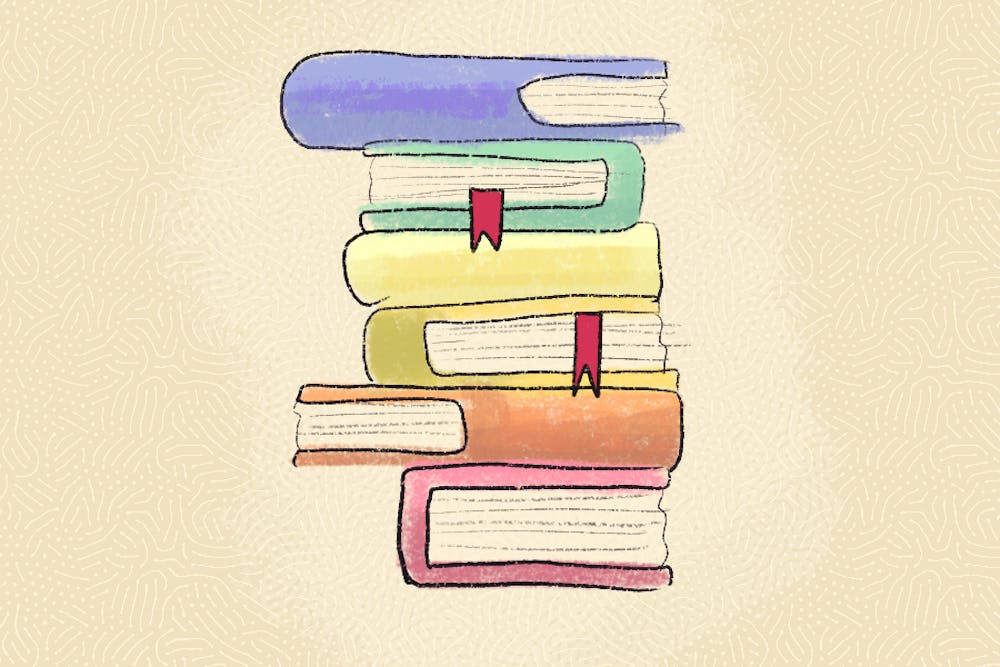Take a look at any bookshelf in a public library, think back to what you read at school, and look at a list of award–winning writers. How many books written by women do you see?
Author and artist, Joanna Walsh, had the same inquiring questions. Out of unfulfilling questions, she founded the #readwomen2014 project, asking readers to “just for a change, make sure the next book you read is by a woman.” Despite society's pride and prejudice, women writers have gained greater notoriety in recent years. A large part of this progress is due to movements and book clubs led by women that select works written by women to read together.
Reese Witherspoon's book club hadn't made much of an impact when it was launched in 2017. But the narrative changed when she showed her true intention: to unite literature with TV shows and film productions made by women, alongside her Hello Sunshine production company. The club is a sort of litmus test for TV content creation, giving birth to successful miniseries like "Daisy Jones & the Six" on Prime Video and "The Little Things in Life" on Star+. Additionally, many of the books selected have found their way onto the New York Times bestseller list, with over 30 inclusions to date.
But Reese isn’t the only well–known name who is leading a book club. Florence Welch (of the band Florence + the Machine) and actress Emma Roberts are also among the celebrities spearheading the idea. But the OG and most famous club is Oprah's Book Club, which made its debut back in 1996, and quickly became a boom for the entire publishing industry. Oprah's stamp of approval had the ability to further elevate classics like "Anna Karenina" to the top of the bestseller charts (as seen in 2004) and catapult obscure authors like Janet Fitch, with her book "White Oleander," which sold a million copies in 1999.
These reading platforms are subverting the notion that women's spaces are frivolous—full of gossip, Chardonnay, and small talk. In book clubs, women are claiming their rightful place in literary discourse, reading books that cater to their feminine appetites, proving that their voices matter and their insights are invaluable. As novelist Jane Austen wrote, “None of us want to be in calm waters all our lives.” In book clubs, women read books that often reflect their own lives, that help them to read themselves, their turbulent waters, struggles, and joys in an all-around familiar universe.
But you don’t need to be a celebrity to found a book club, much less to participate in one. The book club revolution is everywhere, especially in social media. The Bad Bitch Book Club was born in 2018 out of literary consultant Mackenzie Newcomb’s desire to share her love of books with friends and followers of her blog. Today, the BBBC has grown to be a community of thousands of readers, adding up to 3.8M likes on TikTok.
TikTok itself has realized the potential of #BookTok, a community with billions of views, by introducing the TikTok Book Club. Each month, a fresh book selection will be unveiled, and users will have the opportunity to engage in discussions, share reviews, and indulge in all things literary through the in-app #BookClub hub.
''When women stop reading”, novelist Ian McEwan wrote, “the novel will be dead.” Women account for 80 percent of book sales in British, US, and Canadian fiction markets. And publishers take notice of that. The Book Club Revolution has emerged as a platform for empowerment, creativity, and intellectual growth. As these clubs continue to flourish and adapt to digital spaces, they're becoming increasingly accessible to female voices worldwide, from celebrities to BookTok users.







